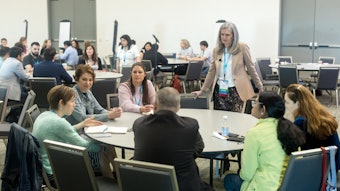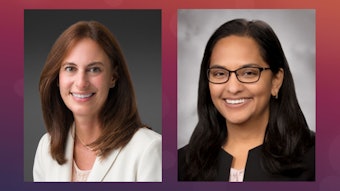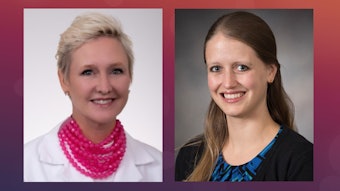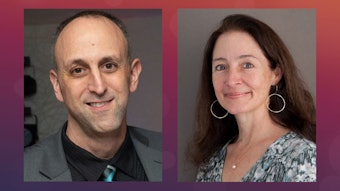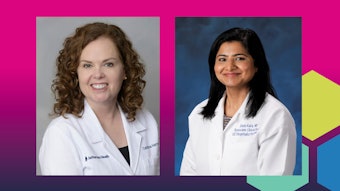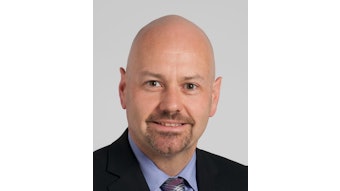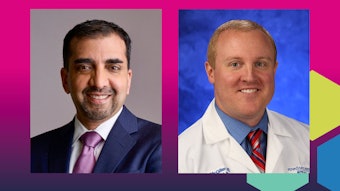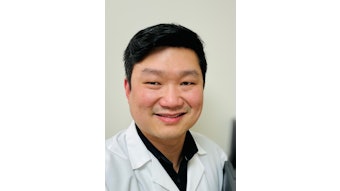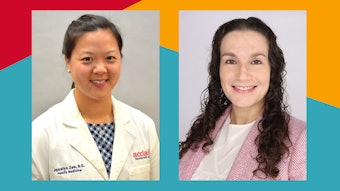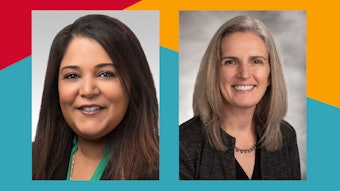Managing the most common issue in sickle cell patients
New and existing strategies can help patients understand and deal with their pain.
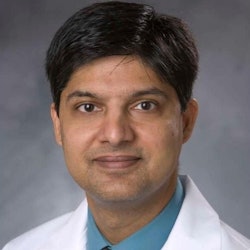
The most common reason patients with sickle cell disease (SCD) are seen in the emergency room or admitted to the hospital is pain. Adults with SCD return to the hospital an average of two or three times a year because of the pain. And 30%-40% of those hospitalized patients are re-admitted within 30 days after they are discharged.
Nirmish Shah, MD, associate professor of hematology and pediatric hematology/oncology at Duke University, said the most recent guidelines focusing on palliative treatment for pain in SCD patients were updated by the American Society of Hematology in 2020 and include approaches to patients with both acute and chronic pain.
Some of the guidelines include a rapid assessment (within 1 hour of arrival in the emergency department) of both adults and children with SCD presenting with acute pain relating to the disease. In those patients for whom opioid therapy is indicated, the guidelines suggest tailored opioid dosing based on consideration of the baseline opioid therapy and prior effective therapy.
However, the guidelines also caution that, for a minority of patients, frequent acute care treatment using individualized opioid dosing may be ineffective and detrimental to their long-term care goals. In these cases, a more chronic care paradigm with other approaches may be needed.
Dr. Shah will discuss these and other highlights from the guidelines along with pain treatment strategies and other pearls in a session titled “Take My Pain Away: Inpatient Sickle Cell Management,” on Tuesday, March 28.
“Some of the pearls include the recommendation to have and promote individualized pain plans (IPP) for both emergency room treatment as well as patients who are hospitalized,” he said. “IPPs can also help decrease variability in treatment approaches, improve patient care, and ultimately decrease utilization.”
One of the keys to understanding patient pain, Dr. Shah said, includes recognizing the current limitations of using labs and patient genotype for triaging patients. Patient involvement is important.
“For those patients with refractory pain, they may benefit from ketamine and often appreciate the involvement of their health care provider to build trust in decisions,” he said.
One of the most common and serious complications in SCD patients is acute chest syndrome. This should be taken into consideration when weighing treatment options.
“Although aggressive intravenous fluids are the mainstay for pain crisis, caution should be given to avoid overhydration, which can accelerate acute chest syndrome,” Dr. Shah said. “Further, treatment with non-steroidal anti-inflammatory drugs (NSAIDs) can cause renal dysfunction and should be carefully considered for each patient as part of their individualized pain plan.”
Another area of pain management to keep in mind is the mental strain that can be put on a patient after being in that much pain for an extended period of time.
“You have to remember the high rate of anxiety, depression and mental health issues in patients with SCD,” Dr. Shah said. “Recognition of co-existing mental health diagnoses will help provide context to treatment plans for pain. Health care providers should consider guiding patients toward appropriate therapy.”
Space is limited; register early through the conference registration portal.
Visit SHM Meeting News Central for more coverage.
